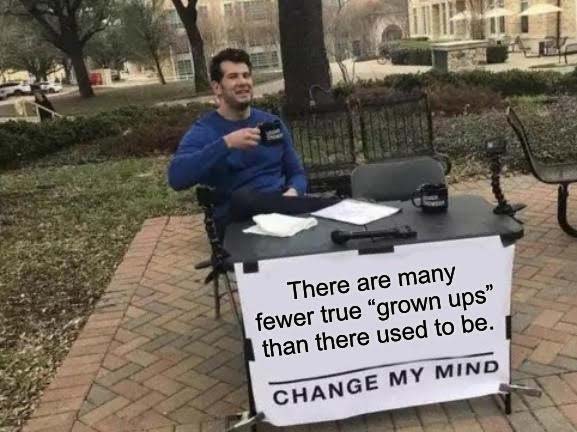
This week I read four articles which seem to sum up the zeitgeist at the moment.
Walk with me through them and let’s see what we can see.
“Where Have All the Grown-ups Gone?”
by Paul Krugman
I normally never read anything by columnist Paul Krugman: he is generally a one-dimensional thinker, and you know what his predictable columns will say by just reading the headline. After reading the title, why read the whole article? You know what it is going to say. Krugman’s latest column talks about how Bob Dole was an old-school conservative, and now the last 20 years of conservativism is a history of serious moral decline from that – standard lefty boilerplate one would expect from Paul Krugman, a lefty political pundit.
But it rings true how Bob Dole did stand for an American ideal which few, on either side of the political aisle, can claim nowadays, in my opinion. Dole was a war hero from Kansas, a disabled combat veteran, a pragmatic lawmaker, and a failed presidential candidate. He was a legislator predisposed to get the often boring work of government done through negotiated compromise in accepting half-measures. He was not a loudmouth blowhard or a grandstanding prima donna; he believed in quiet hard work and the art of the possible in legislating. Bob Dole’s death last week at 98-years of age was a reminder of an America which seemed to work better – when politicians used to get the business of America done without turning every issue into a raging dumpster fire. After losing the 1996 presidential election Bob Dole was actually friendly towards the winner Bill Clinton. Can you imagine that nowadays? Or when John McCain refused to demonize Barack Obama during a political rally? Can you see someone doing this now?
In a posting two weeks ago, I was decrying the usual social media prancing by the usual suspects in our polarized, poisonous political world: Donald Trump, Alexandria Ocasio-Cortez, Marjorie Taylor Greene, and Cori Bush.
What happens when you compare them to Bob Dole?
It puts into stark relief how much our political life has declined – both Democratic and Republicans the same, it seems to me.
But maybe the problem is not in the leaders but with the American people.
As they say, in a democracy the people get the leaders they deserve.
Maybe we deserve them.
Stressed? Worn Down? It’s Time to Be Your Own Life Coach
“You can’t always count on friends or family members for support. During tough times, you can learn to coach yourself.”
Jeez.
You would think a fully grown adult would hardly need to be told these things. That they would have the tools and skills to attend competently to the self. I suspect I was wrong. But I guess there is a need for an article like this to spell out specific “adulting” tips:
- Turn down the external noise of the outside world so you can listen to your inner voice about what you want and need at the moment.
- Take action to control your life and make conscious decisions to get out of it what you want and need.
- Be kind to yourself and accept less than 100% success.
- Be patient with yourself and take the long view of success in dealing with problems.
It claims that Americans regularly hire “life coaches” to remind them of these tips for getting ahead.
Really?
The article makes the following claim:
“Research in a concept that psychologists call self-determination shows that having the ability to draw on internal resources, such self-regulation or self-compassion, during tough times is essential to our well-being and performance. We’re strongest and most stable when we’re motivated from within, have control over our decision-making and time, and feel a sense of purpose.”
The majority of the posts on my blog are little else but this. This is especially true during the pandemic, but it applies to postings going back years and years.
Americans today have to be reminded that self-reflection and taking control of one’s life are important? It has to be spelled out for them?
Really?
Where have all the grown-ups gone?

Schools Are Closing Classrooms on Fridays. Parents Are Furious.
Desperate to keep teachers, some districts have turned to remote teaching for one day a week — and sometimes more. Families have been left to find child care.”
I have heard it again and again: teachers are burned out. They aren’t paid enough for what they deal with. Working conditions are horrid. They are getting out.
Wah, wah, wah, wah!
What a bunch of whiny bitches.
I say this as a public school teacher myself.
Are teachers and students exhausted by this point of the school year? Well, yes. Winter vacation starts in one week, and students and teachers are counting down the days and stumbling across the finish line.
But that is the way it has always been. This is my 28th time running this rat race of the academic school year. What is different this year? It has always exhausted me to the point where I am just hanging on. I have gotten used to it.
Maybe my choice in high school sports helped me in my professional life. Almost two years before the pandemic, I wrote a blog posting about how I had been well served by running cross country in high school – “Cross Country, the Teacher: Pain Tolerance as a Valuable Life Skill.”
Perhaps I have acquired a high tolerance for pain and discomfort.
It could be that is important in being a teacher.
I surely wanted to quit too when I was a beginning teacher in a horrible school district. But I didn’t.
I hung in there; I figured it out. I switched to work in better schools; I made it work. I showed up and put in the work year after year.
But I look a little deeper into these teachers quitting and I wonder.
Are many of these teachers – and the students, too – in a bad mental health place in general, and so are less able to undergo the normal stresses of the school year. After almost two years of mostly distance learning, are they just out of practice? Do they have less resilience? Are they hanging on by their fingertips? Is there something different in the air?
I have read the reports. Kids are supposedly feral in misbehavior and behind in academics. Some schools seem to be out of control. The pay is low and the stress is high. So teachers are giving up and quitting? Resigning in the tens of thousands? Pulling the ripcord and parachuting out? Letting out a huge sigh of relief in the process?
It would appear so.
And if teachers are giving up and quitting, I wonder if a lot of students are doing the same.
I drive by the local community college and wonder if larger numbers of borderline students are not even attempting college anymore. A quick Google search tells me college enrollment is down 6.5% overall, and I’ll bet it is down even more at two-year community colleges. Community college was a dicey-enough proposition before COVID, and the dropout rates were already sky high. Very average “C” students? First in the family to attend college-types? The typical community college student is not necessarily that into academics during the best of times. Are they even in school now? I have heard rumors that the enrollment there is way down. Will we have many fewer college graduates than in the past?
I have heard some describe all these Americans quitting their jobs collectively as the “Great Resignation.” Workers quitting their jobs in record numbers. Students similarly withdrawing from school and education. Or not even starting it in earnest?
What are they doing instead?
Where do we go from here?
What will these teachers who are resigning in large numbers do? All the other workers quitting their jobs? What about all the students who aren’t in school?
Will they stay at home dumb and happy with their government stimulus checks?
Sitting in their apartments with Netflix and weed? TikTok and Grand Theft Auto? Texting and Instagram? Lots of Americans staring at screens home alone on the couch – our seeming national pastime?
Will this bring lasting happiness? A sense of purpose? A measure of prosperity? A sustainable lifestyle?
Or will they languish and struggle to find their place in the world? Will more Americans lead “lives of quiet desperation”? Diseases of despair? A struggle to pay the rent and utilities? Pandemic isolation? Massive numbers of drug overdoses? The same old, same old?
I wonder if we are suffering in the United States from a generalized failure to engage the wider world of school and work, and that COVID-19 has just made it worse by accelerating earlier trends in society. It seems we have less friendship, less dating, less family, less community, less money? At the same time, we have a profitable and advanced video game ecosystem, terabytes of free Internet pornography, and online dating as the norm for singles. Is our society typified by too many swarms of digital pixels in front of our eyes, and too few successful real life interactions with real people?
Is this description too much? Is it not this bad?
I will hope so.
It must be that this unhappy time in America has success stories?
I am sure there are many who are making the most out of the available opportunities.
Teachers and students who are putting forth a strong effort.
Are there Americans today who show resilience and grit and are actually doing well?
I hope so.
But it is worrisome.
Finally, yesterday I read this article in the New York Times about rave-style music clubs with a “sacred” patina designed to combat pandemic loneliness and isolation —
Can Parties Help Us Heal?
“Nocturnal Medicine held a therapy rave at a Queens nightclub to help people transition into winter.”
You might find such a scene in the Venice area of Los Angeles, or somewhere in San Francisco or Berkeley, up in the Bay Area – or in Austin, Texas, or in Portland, Oregon – or in Queens, New York where the article takes place. Progressives. Urban. Coastal. Persons in their 20s and 30s.
I will give these people points for at least trying to combat the pervasive anxiety and depression in a Millennial generation which so often has less marriage or family – spouses and children – or sense of community and belonging going for it. They are trying to plug a hole, fulfill a need. Good for them.
But maybe actually try joining a faith community in a real church or synagogue rather than half-assing it? Get a real family, instead of some ersatz one at a weekend rave or music festival? Develop a real community of friends, rather than an online circle of social media contacts?
The changing modes of contemporary social organization in this country do not seem sufficient to the age-old needs of human connection and happiness. To be strong in one’s body and beliefs, to have good friends with shared interests, to make enough money to get by, and to belong to a family and community.
Is it really so hard?
Where have all the grown-ups gone?
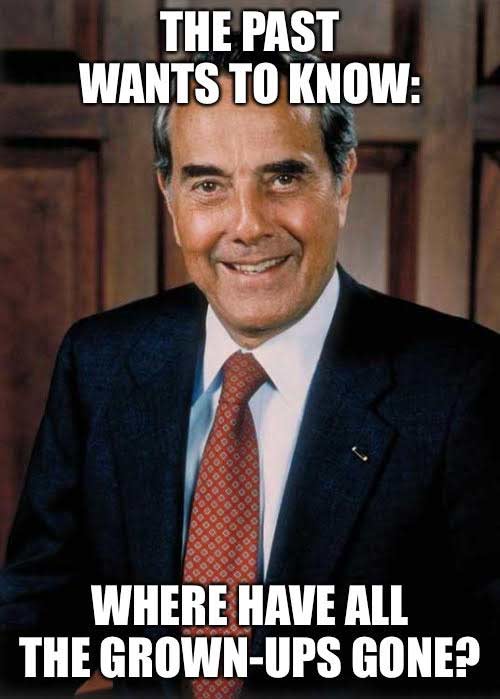
ALEXANDRIA OCASIO-CORTEZ AND DONALD TRUMP: DIVISON AND DEMAGOGUERY; AMERICAN POLITICS TODAY


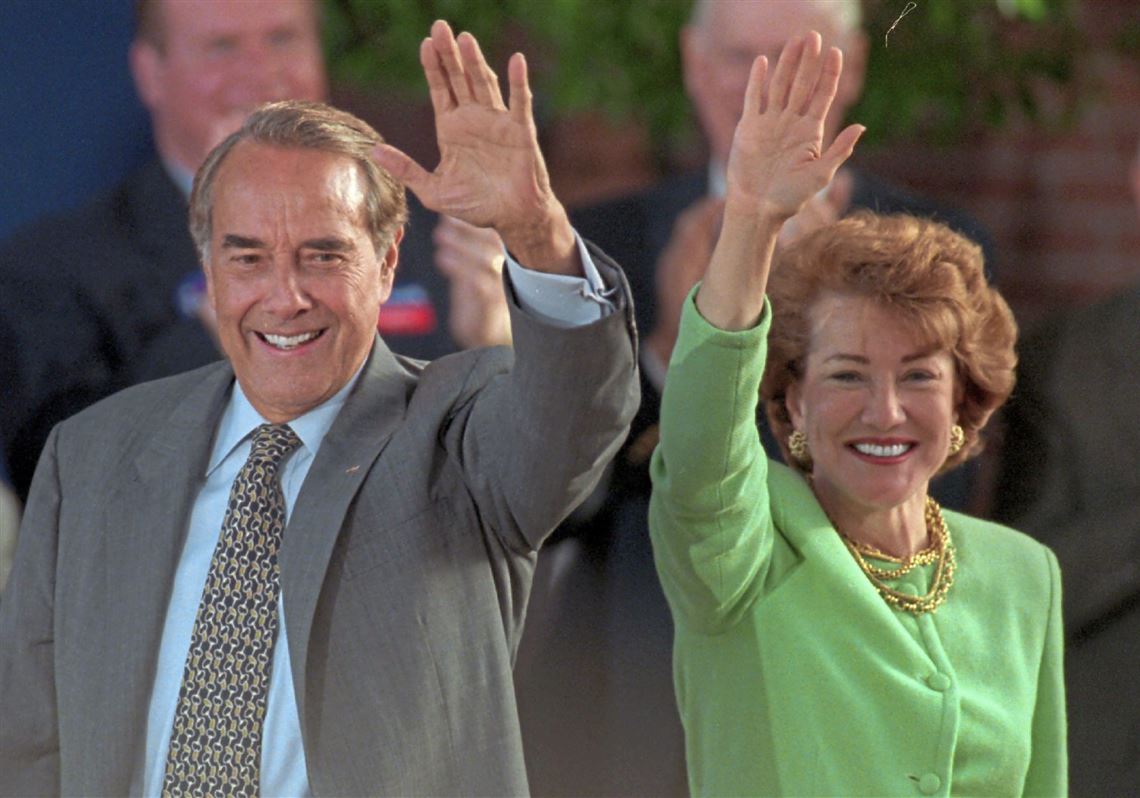


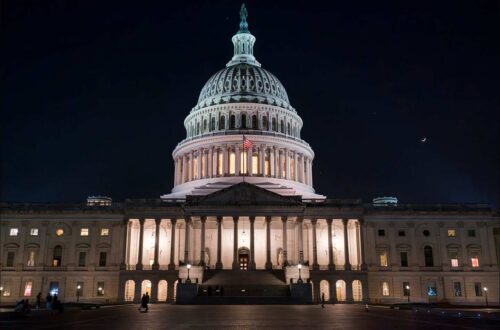
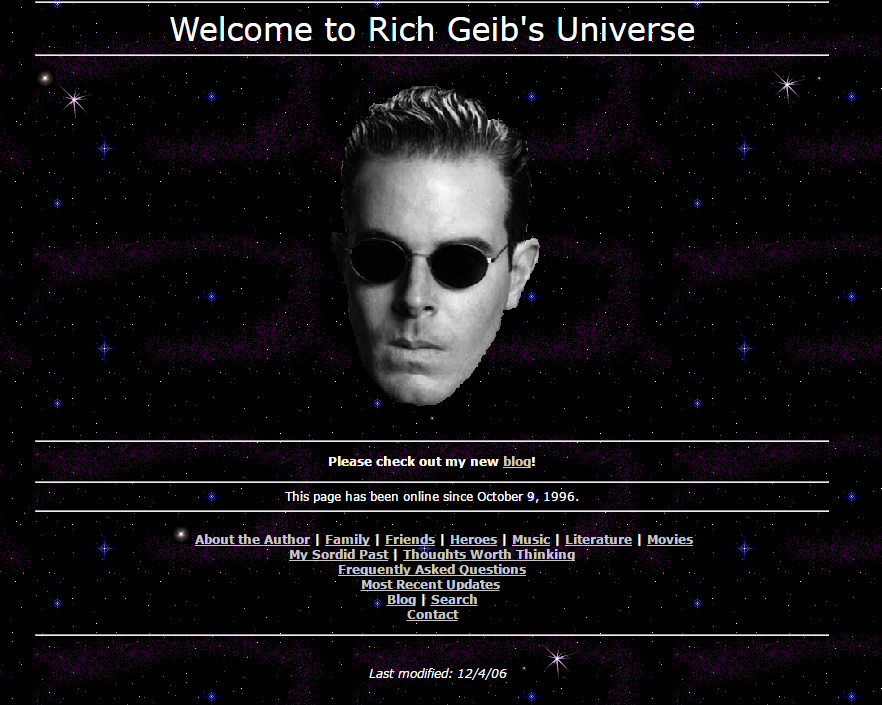
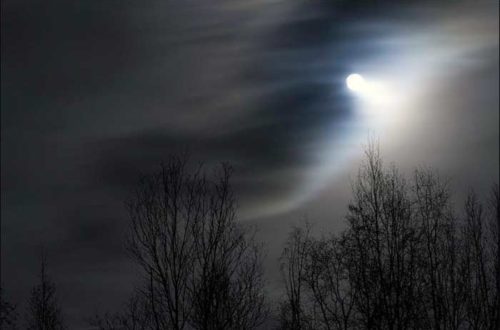
One Comment
Jay Canini
One of the factors too I find in degradation of maturity in politics in the 2010s is “You go high, we go low”: when for example Obama tried to deal across the aisle, the Congressional GOP obstructed his key legislation and a SCOTUS justice just because, and McConnell openly stated he would do the same with Biden’s legislation. There’s a video from the “Alt Right Playbook” that discusses this, and lays out trying to take the high road when the other political side won’t as a losing proposition, like a prisoner’s dilemma. This probably explains why Gavin Newsom is deciding to try the same “bounty” trick on guns that Texas Republicans are doing with abortion: since SCOTUS hasn’t stopped the enforcement on the abortion law, choosing to still “take the high road” would be spineless in this environment. An agreement between the two parties to take the high road would be needed to return ourselves to political normalcy.
I can see how “Fridays off” can be quite controversial among urban residents and the NYT article shows how this is clearly causing chaos there. Among rural residents there may be different factors at play: many schools in states like Iowa and Nebraska closed and consolidated, meaning there are much longer distances to travel than even one decade ago, and one saves money on fuel and electricity when one had four longer school days in exchange for three days off.
As for the general malaise among millennials: One reason why they’re are finding it harder to join a real church is because some of the Evangelical churches and politicized Christianity in the media have turned them off to religion altogether. I think some of the “Mainline” Protestant churches, reform Synagogues, etc might be open to them, and honestly would like to see a campaign encouraging millennials to repopulate mainline churches. As for forming a real family, the increasing costs of housing and education and the debt from such make millennials a bit more hesitant to start a family, something requiring even more money. I think universal PreK and paid daycare could convince millennials to have more kids.
In regards to the Great Resignation: My understanding is many of the jobs losing employees are lower end service jobs, but the “good” jobs which support families are still being mobbed with applicants. As for why millennials are having a harder time on the job market: employers now can ask for a “unicorn” in national, and now international job searching, leaving a lot of great job candidates out in the cold. I wonder if Milken had way fewer candidates to choose from in the late 90s compared to 2021, where they have a truly national job search.